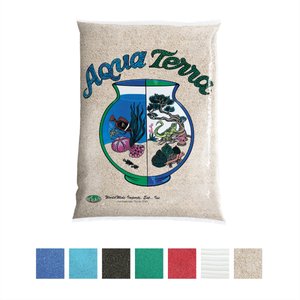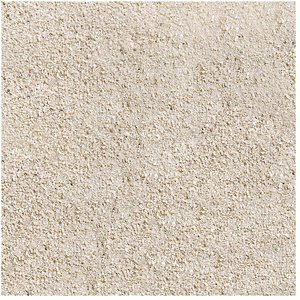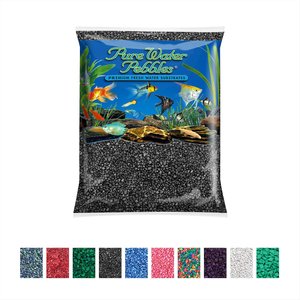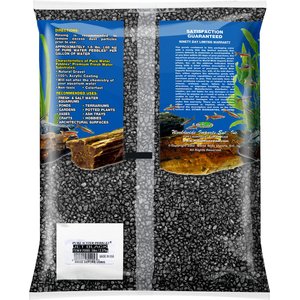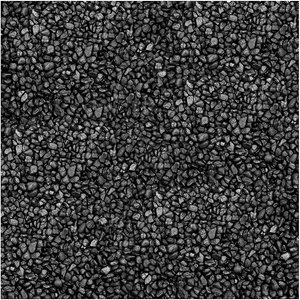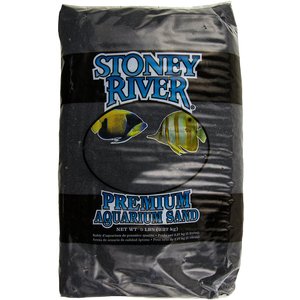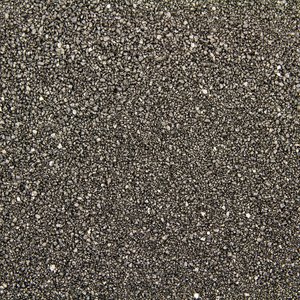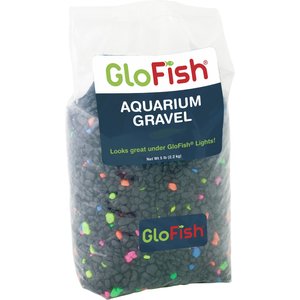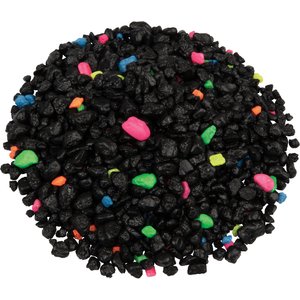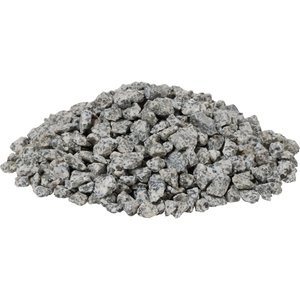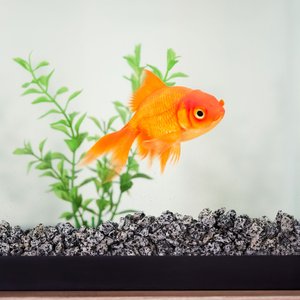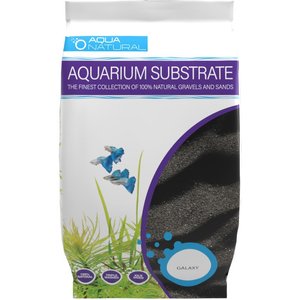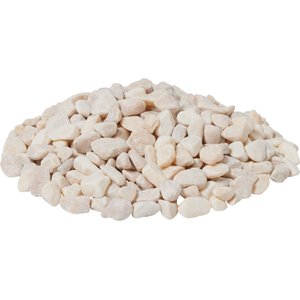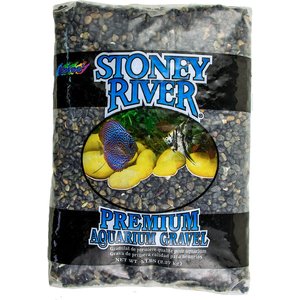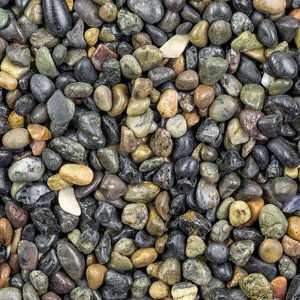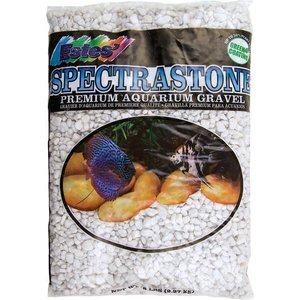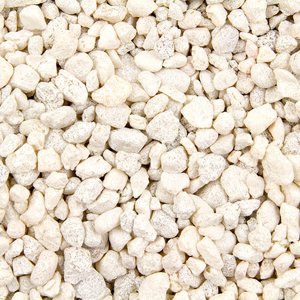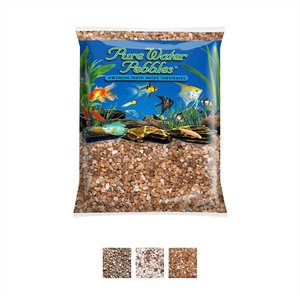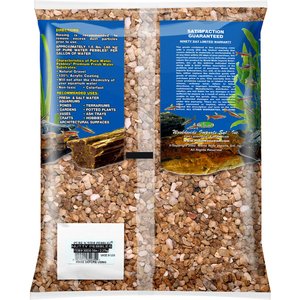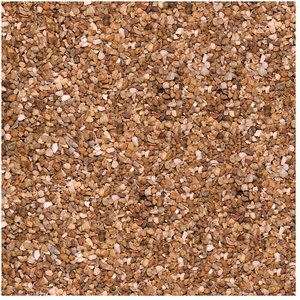The 10 Best Substrates & Gravel for Betta Fish
Jump to the list
Aqua Terra Aquarium & Terrarium Sand, Natural Tan, 5-lb bag
$6.40Chewy Price
Promo, New Customers Only: Spend $49+, Get $20 eGift Card
Our ratings
Material
4.6/5
ExcellentNutrient content
4.3/5
GreatSize
4.4/5
GreatpH balance
4.3/5
GreatPure Water Pebbles Coated Aquarium Gravel, Jet Black, 5-lb bag
$6.29Chewy Price
Promo, New Customers Only: Spend $49+, Get $20 eGift Card
Our ratings
Material
3.9/5
GoodNutrient content
4.1/5
GreatSize
4.1/5
GreatpH balance
4.1/5
GreatStoney River Premium Aquarium Sand, 5-lb bag, Black
$7.98Chewy Price
Promo, New Customers Only: Spend $49+, Get $20 eGift Card
Our ratings
Material
4.6/5
ExcellentNutrient content
4.3/5
GreatSize
4.4/5
GreatpH balance
4.4/5
GreatGloFish Fluorescent Aquarium Gravel, Black, 5-lb bag
$4.09Chewy Price
Promo, New Customers Only: Spend $49+, Get $20 eGift Card
Our ratings
Material
4.5/5
GreatNutrient content
4.6/5
ExcellentSize
4.1/5
GreatpH balance
4.1/5
GreatFrisco Speckled Aquarium Gravel, 5-lb
$11.60Chewy Price
Promo, New Customers Only: Spend $49+, Get $20 eGift Card
Our ratings
Material
4.5/5
GreatNutrient content
4.7/5
ExcellentSize
4.4/5
GreatpH balance
4.7/5
ExcellentAqua Natural Galaxy Sand Aquarium Gravel, 20-lb bag
$24.99Chewy Price
($1.25/lb)
Promo, New Customers Only: Spend $49+, Get $20 eGift Card
Our ratings
Material
4.4/5
GreatNutrient content
4.3/5
GreatSize
4.6/5
ExcellentpH balance
4.7/5
ExcellentFrisco Natural Aquarium Gravel, 5-lb
$11.94Chewy Price
Promo, New Customers Only: Spend $49+, Get $20 eGift Card
Our ratings
Material
4.7/5
ExcellentNutrient content
4.7/5
ExcellentSize
4.5/5
GreatpH balance
4.8/5
ExcellentStoney River Black Beach Pebbles Premium Aquarium Gravel, 5-lb bag
$12.99Chewy Price
Promo, Spend $100, Get $30 eGift Card with code CELEBRATE
Our ratings
Material
4.8/5
ExcellentNutrient content
4.6/5
ExcellentSize
4.5/5
GreatpH balance
4.5/5
GreatSpectrastone Premium Aquarium Gravel, 5-lb bag, White
$6.99Chewy Price
Promo, New Customers Only: Spend $49+, Get $20 eGift Card
Our ratings
Material
4.4/5
GreatNutrient content
4.4/5
GreatSize
4.7/5
ExcellentpH balance
4.0/5
GreatPure Water Pebbles Natural Aquarium Gravel, Nutty Pebbles, 5-lb bag
$6.49Chewy Price
Promo, New Customers Only: Spend $49+, Get $20 eGift Card
Our ratings
Material
4.0/5
GreatNutrient content
4.1/5
GreatSize
4.4/5
GreatpH balance
4.1/5
Great